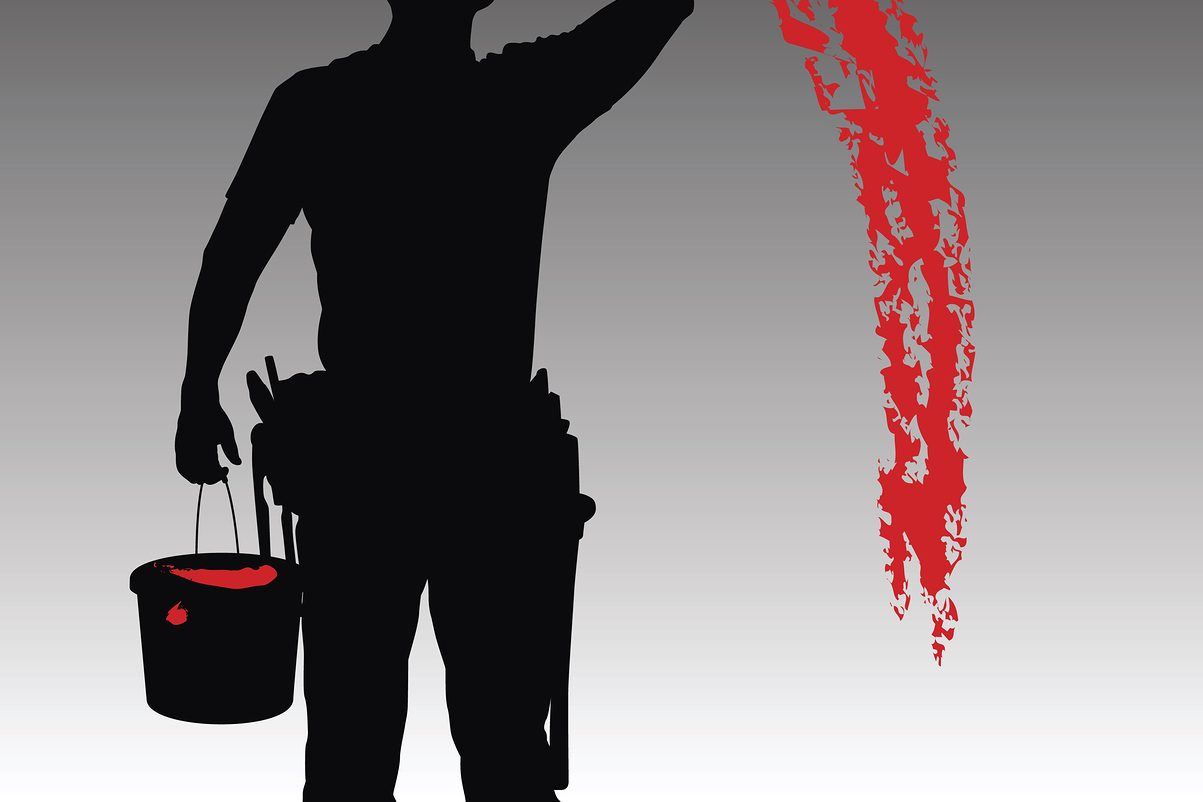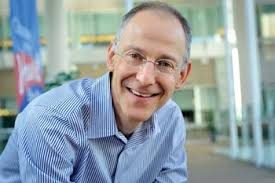Being an oncologist can be an awfully hard job. You give body, mind and soul, you love your patients. Then, sometimes, the cancer takes over and those who have become your teachers and friends, die. It can be hard to find balance. You have failed. For some docs the practice of oncology wipes them out. There is a secret to being able to join the fray, every day, month and year; Know that, whatever happens, there is always something you can do.
When I was first in practice, I took care of a young woman, a girl of 19, who had advanced colon cancer. Surgery, repeat surgery, chemo after chemo, radiation, every treatment we tried, failed. She became weak. Her abdomen swelled. She became jaundiced. I remember gold tears on deep yellow tanned skin. Her pain and fear increased. I became frantic, anxious, even angry. How could this pure child die? I called every “expert.” There seemed nothing I could do.
Then, late one evening, making rounds, I heard her crying down the hall. I realized that while I was searching the medical world for a cure, I was failing to take care of her real need. I could sooth her fear and control her pain. A small amount of pain medicine and a slight sedative. A hand held. That evening she finally rested, quietly talking with her parents. She laughed. I realized, there was something I could do. There would always be something I could do.
For oncologists who believe that their only role is to battle disease, to fight against death, to attack with treatment after treatment, there will always be failure. Again and again, they experience deep loss. They become shells with a burned out soul.
For oncologists that understand their role is to relieve suffering, whether by treating disease, relieving symptoms or just the compassion of a smile and a touch, there is balance. They will never fail their patients, never desert them, always have something to offer.
What is critical about this discovery, this approach to care, is that it is good not only for the patient and family, it is healing for the doctor. It allows her to attack the disease, when that is the right thing to do, but always be ready to give comfort and sooth symptoms. To stand by each patient, no matter what happens. There is balance in the knowledge that even if the disease explodes and life is coming to an end, the doctor has a role and purpose. Closure not only for the patient, but for the physician.
Being an oncologist will always be an awfully hard job. You love your patients, and some die. However, for me there is the comfort of knowing that whatever happens, I will be there. My small place in the cycle of life.







9 Comments